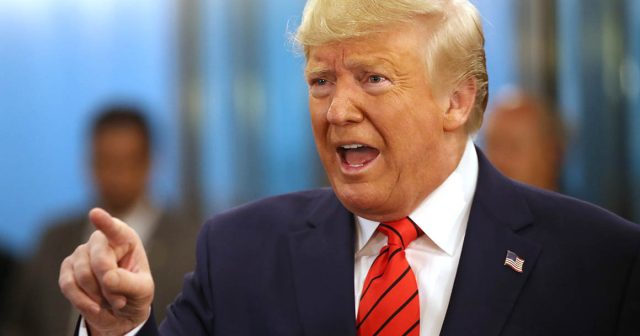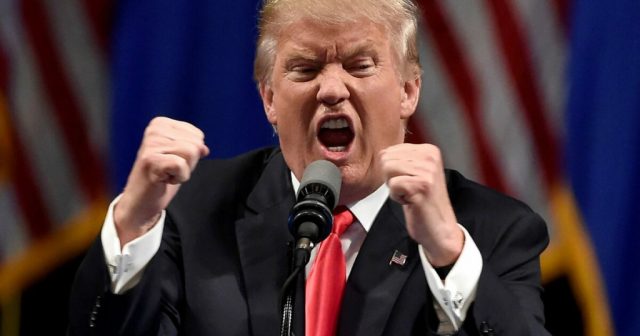China’s African Ambitions
Beijing’s aspirations for expanded influence in Africa are coming into sharp focus as representatives from around 50 African nations and the African Union convene in the Chinese capital for a crucial conference. Ostensibly centered around discussions of President Xi Jinping’s 2022 global security initiative, this meeting underscores China’s strategic intent to bolster its military presence on a continent where it has emerged as a dominant investor.
While this forum’s significance is underscored by China’s growing competition with the United States in Africa, its timing holds even greater urgency against the backdrop of the ongoing crisis in Niger. Notably, experts suggest that this gathering could offer a platform for resolving the turmoil within the country.
At the heart of China’s strategy is a carefully calibrated approach that adheres to the nation’s policy of non-interference in the internal affairs of other countries. Unlike nations that deploy private military units abroad, China collaborates with Africa primarily through United Nations peacekeeping missions, counterterrorism efforts, anti-piracy initiatives, humanitarian assistance, and the training of African military personnel.
Pierre Cabestan, a respected voice on security at Hong Kong’s Baptist University, postulates that this conference could mark China’s opportunity to trial its concept of global security. Focused on its significant contingents of peacekeepers and combat units based in Africa, China is positioned to refine its military strategy in the continent’s complex environments. This includes pivoting from direct troop deployment to alternative approaches, such as providing military instructors, supplying weaponry, and equipping African forces.
China’s heightened involvement in Africa is partly driven by its considerable investments on the continent, as well as the significant presence of Chinese citizens there. The need to protect these citizens, especially in the wake of recent coups and political upheavals across Africa, has accentuated the importance of Beijing’s role in regional security.
Nonetheless, China’s posture remains cautious and pragmatic. While the ongoing hostage crisis involving Niger President Mohamed Bazoum strains relations, China’s approach remains measured. Despite labeling Bazoum as a friend, Beijing is unlikely to mediate negotiations for his release or support military intervention.
Boris Pilyatskin, a prominent Russian expert on African affairs, emphasizes the intricate geopolitical terrain within which these unfolding events are situated. He draws attention to the noteworthy impact of the Wagner Private Military Company (PMC) in Africa, particularly its active engagement in Mali and Burkina Faso. Pilyatskin delves into the speculation surrounding the recent visit of PMC leader Evgeniy Prigozhin to these regions, an expedition that tragically concluded with his mysterious death aboard an airplane. This visit has sparked discussions about Prigozhin’s interactions with rebel factions and the evolving dynamics of power struggles in the area.”
While the situation in Niger remains precarious, hopes are pinned on the Beijing conference to potentially steer diplomatic efforts towards averting further turmoil. As Africa grapples with both its own internal complexities and the geopolitical ambitions of external powers, the outcome of this forum could ripple far beyond its immediate setting.




